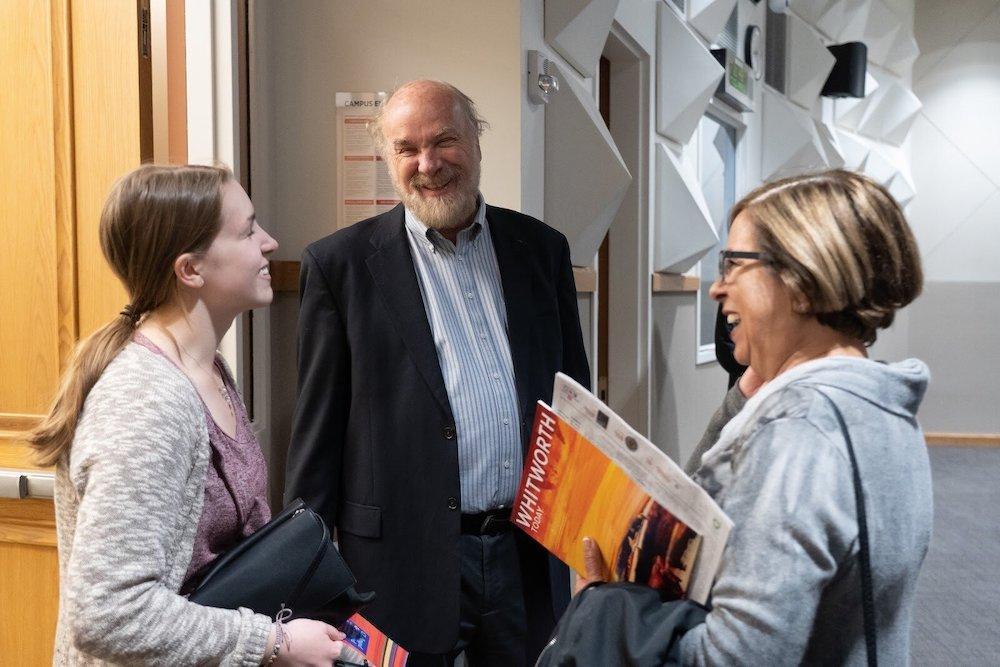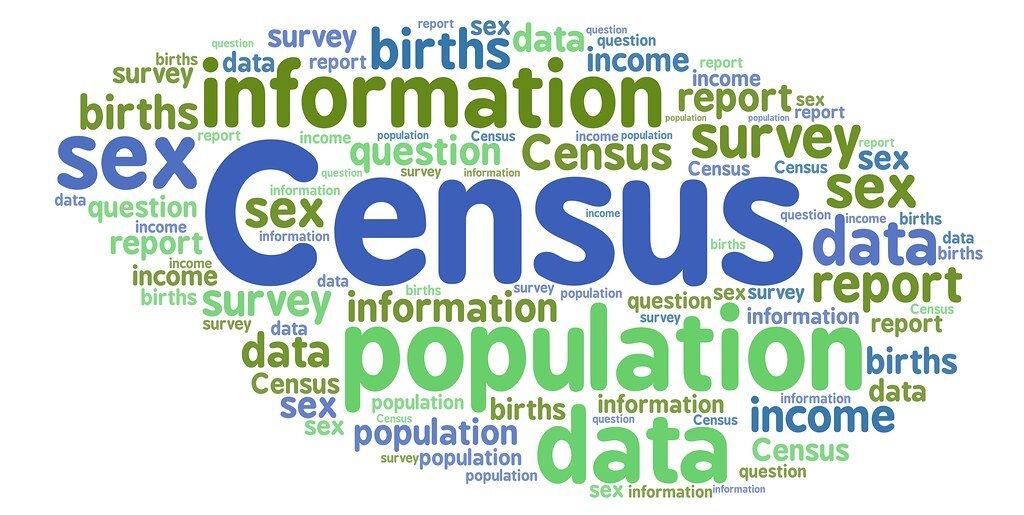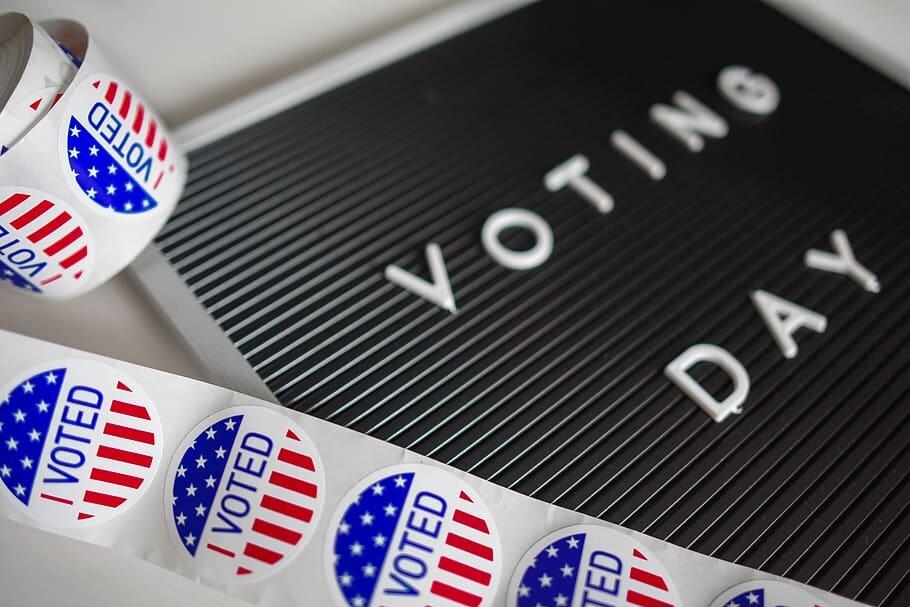History is tough.
In today’s current climate of political correctness, it has become difficult to determine what exactly the benefit and or reason of our actions are. In this case, the raging debate over the title of Monday, October 14, 2019, otherwise known as Columbus Day, has taken center stage.
In recent years, the movement to rename Columbus Day to Indigeneous People’s Day has gathered steam after being first being discussed by the UN International Conference on Driscrimination Against Indigenous Populations in the Americas in 1977. And, according to CNN, at least a dozen U.S. cities have decided to stop observing Columbus Day and instead have chosen to celebrate Indigenous People’s Day; thus paying homage to those who were on the continent before the arrival of European explorers. And to many this seems like a brilliant and inclusive idea. Why celebrate the life of a man who helped cause the long term extinction of indigenous tribes on the North American continent and the surrounding land? But is the reality so simple?
In an interview with NPR, Shannon Speed, director of the UCLA American Indian Studies Center and a member of the Chickasaw Nation, said that “Celebrating Columbus not only whitewashes a violent history but also discounts the further trauma that honoring him inflicts on Indigenous people.”
And she does have a valid point. The colonization of the Americas by European powers did lead to extremely violent and horrific events and the near complete extermination of a multitude of native people, and this in no way should be forgotten or ignored.
But what exactly are we doing when we choose whether or not to celebrate Columbus Day? The choice of celebrating a day is more than just the day itself. When we are celebrating Columbus Day, we are not choosing to celebrate the atrocities committed by Columbus, nor should we. We are choosing to celebrate a man who was a major part in the exploration of the new world and the eventual creation of colonies throughout the Bahamas and central and south America.
Now please understand this: I am in no way condoning the actions taken against native peoples by Columbus or the other colonial powers. These acts were despicable and downright wrong. But we must be careful to not place the humanitarian crimes of the entire collection of colonial powers at one man’s feet. And we must be careful not to forget what really happened in history: simply not celebrating Columbus Day does not change the facts of history. We cannot simply sweep the actions that took place against native peoples under the rug. It is easy to sit in our homes in the 21 century and shout from our soap boxes, calling to replace tainted men from our history. Taking into account multiple views and discussing the reality of what happened with one another is much harder.
So what does it all mean? Should we change Columbus Day to something different? I argue that we have lost sight of what the real implications of our actions are. Changing the name of a day, while it leads to good press and a sense of change, does in fact not really change anything. These men before us are dead and gone. We are unable to change what they did in the past, well before any of us were alive. Trying to fix mistakes and actions for which we are not responsible is in fact not changing anything at all. We must be able to work with people in the here and now and affect real change in the world around us, not the world hundreds of years ago. Above all, however, we cannot forget the history of our nation, regarding any side or specific actors. We cannot choose which part of history we wish to remember. Discarding Columbus Day, will not change the past. Instead of being politically correct we need to celebrate both Columbus for the good he did. According to Biography.com, Columbus played a key role in creating the Columbian Exchange, enabling the exchange of plants, animals and ideas from the old world to the new and vice versa.
We also need to celebrate the native peoples for their lives, culture and their significance to this nation. And a day celebrating this is certainly a step forward According to History.com, Indigenous People’s Day will help bring the history of native people into the classroom where it can become a key part of student’s learning.








